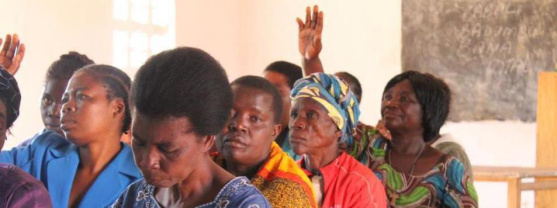This community-driven project in Malawi helps low-income urban communities improve their lives by organising themselves, upgrading slums, building better homes, accessing water and sanitation, and starting small businesses. It avoids giving handouts and instead empowers people to lead their own development.
Run by NGO Centre for Community Organisation and Development (CCODE) in partnership with the Federation of the Rural and Urban Poor, the work focuses on forming local groups, collecting community data, building infrastructure, offering business skills, and providing access to loans. CCODE supports communities that show interest and commitment, ensuring local people help plan and manage the work.
Malawi faces fast urban growth, with many people living in informal settlements without basic services. CCODE is one of few groups tackling these urban challenges. Its model is unique in Malawi, focusing on long-term, locally led solutions rather than donor-driven projects.
The impact includes improved housing for over 1,000 families, better sanitation and water access for thousands, and increased incomes through skills training and small businesses. Women, who make up most of the participants, have become key leaders.
Environmentally, the project uses local materials, promotes eco-friendly stoves and toilets, and supports solar energy. Financially, it is sustained through diverse donors and its own social enterprise , which helps fund community projects.
Challenges include navigating slow government systems, changing the “handout” mindset, and working in extreme poverty. But lessons learned highlight the power of collective action, strong partnerships, and investing in women.
The model has spread across Malawi and inspired similar efforts in other countries, showing that small, locally led actions can lead to national and international change.










